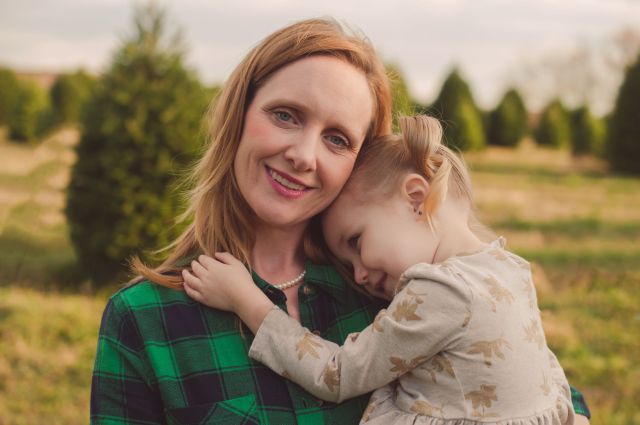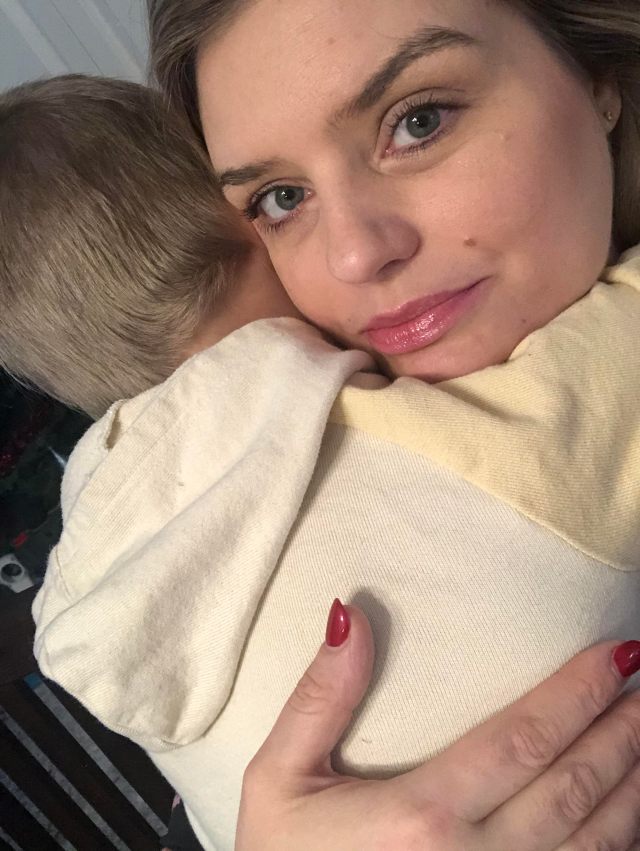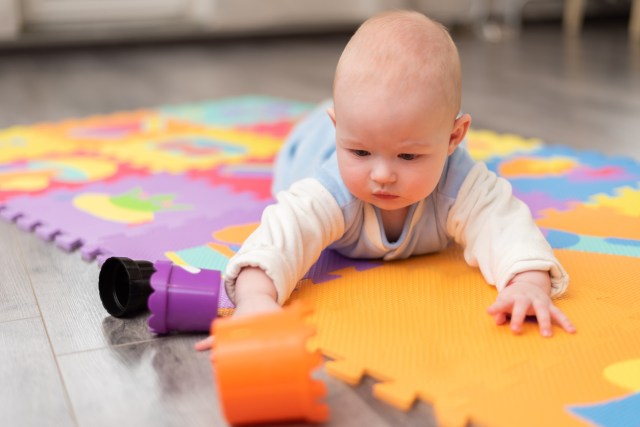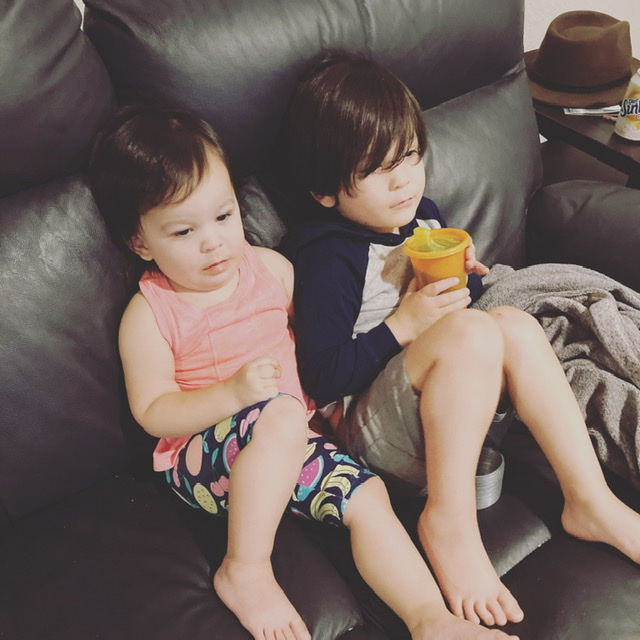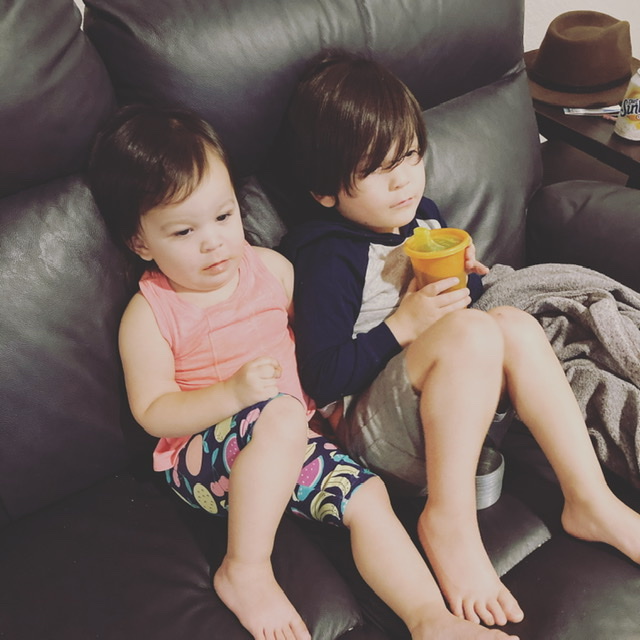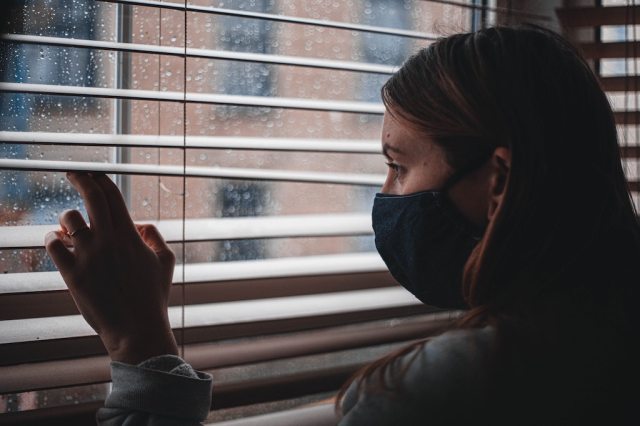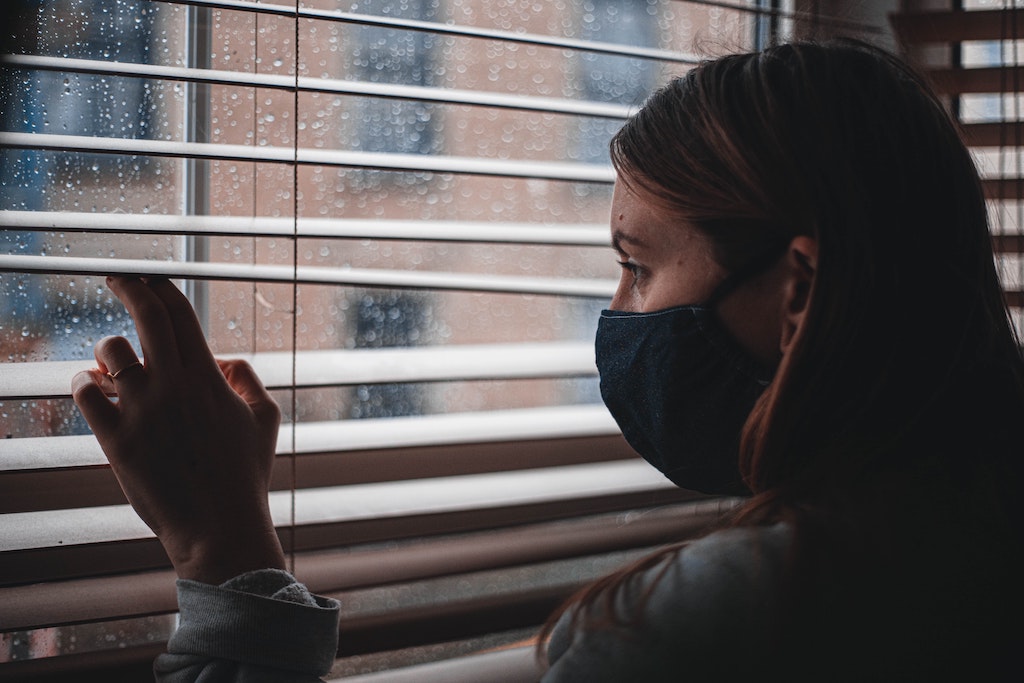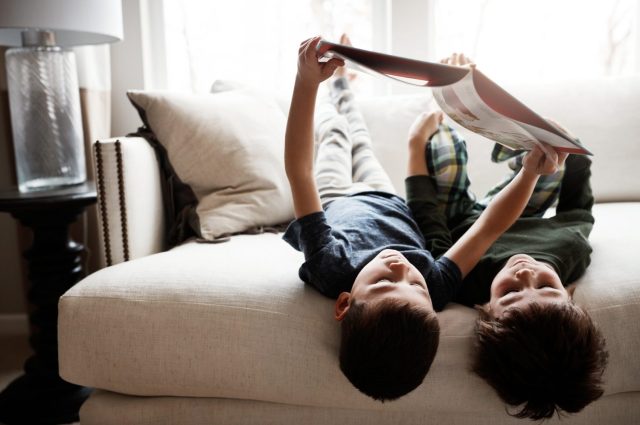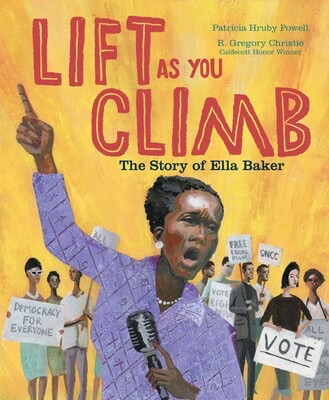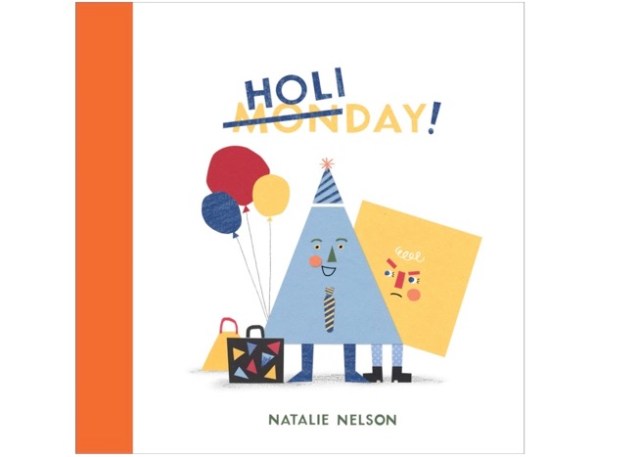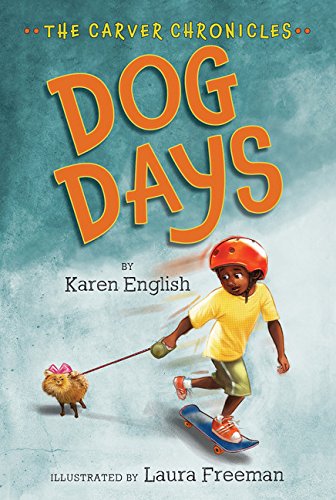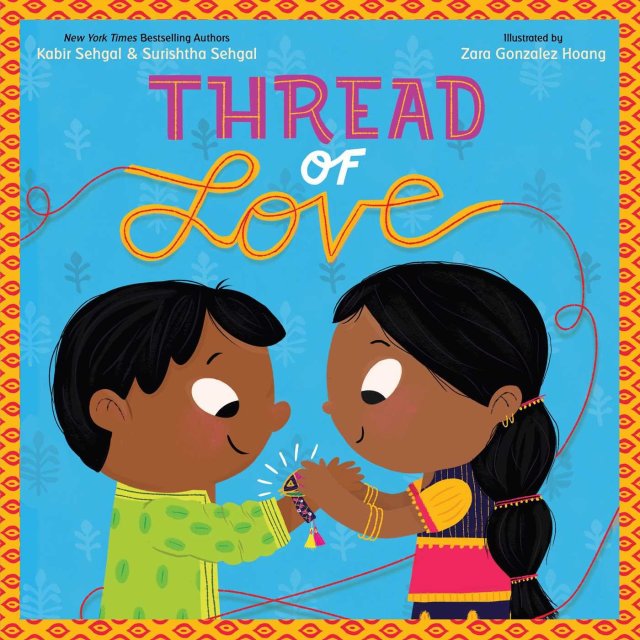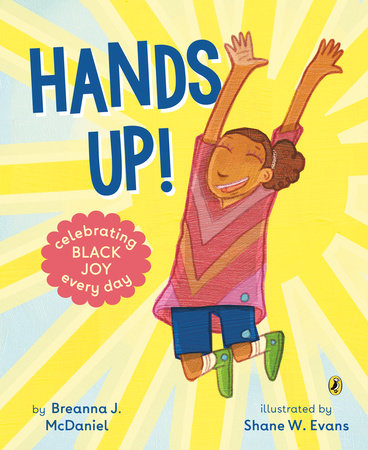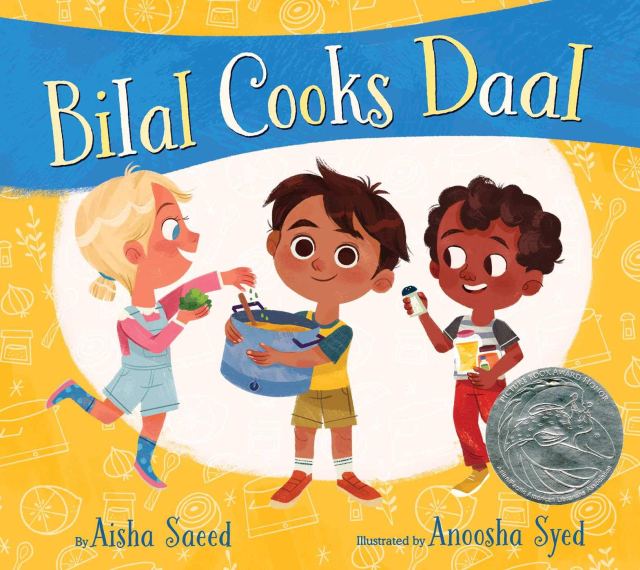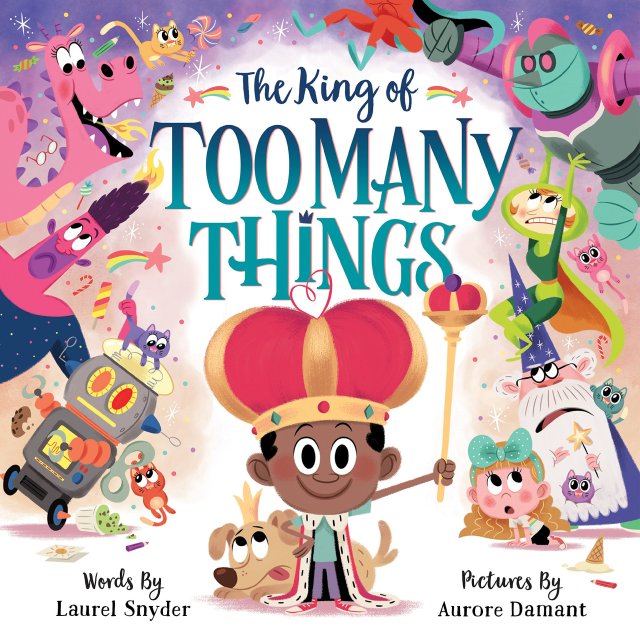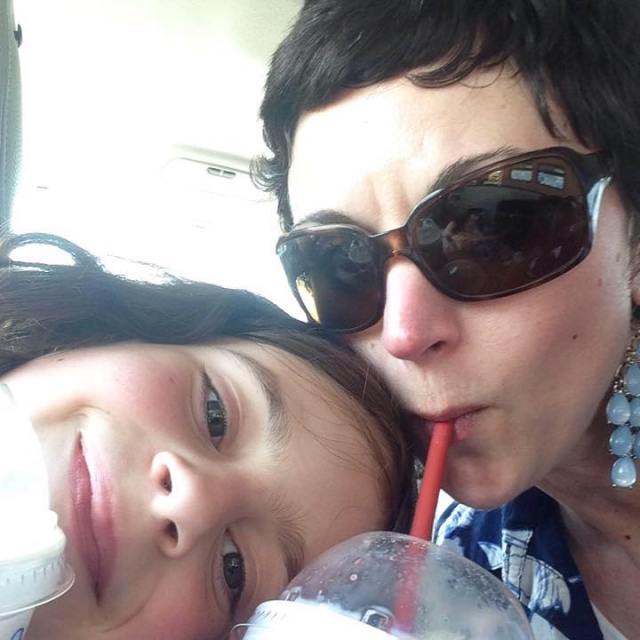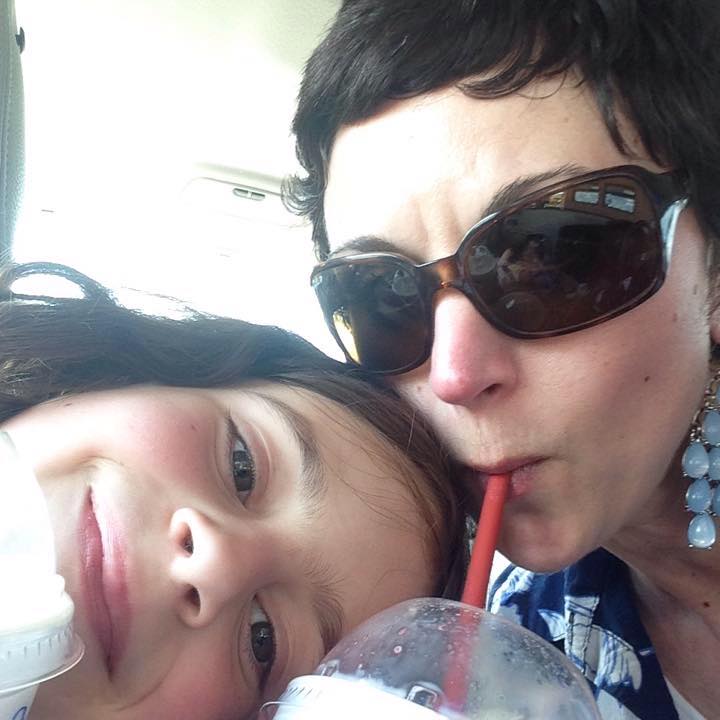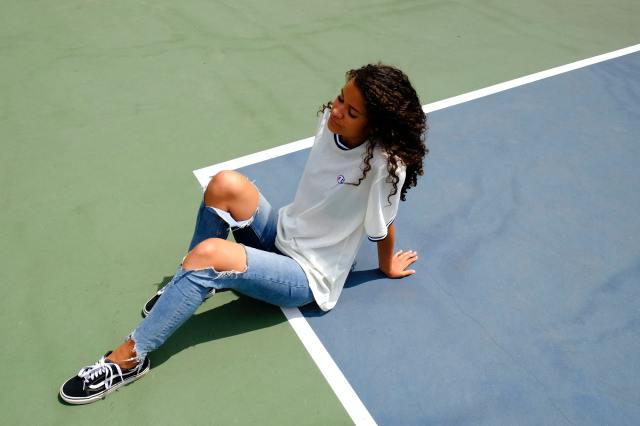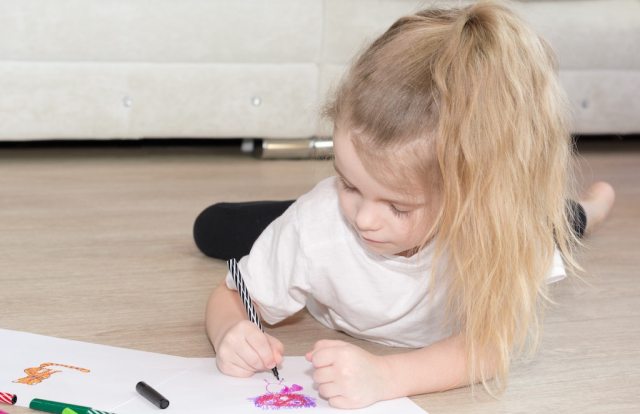
It’s nearly April and everywhere you look you will begin to see the famed puzzle piece. Today I just couldn’t shake that weight that comes with the month ahead. In the coming days, you will begin to hear more chatter from parent advocates and self-advocates alike. You’ll see schools pasting signs about “acceptance” and “inclusion.”
You may be lucky enough to have friends that want to know, want to learn, will stand by your side, especially this month. That first Autism Awareness Month, you may want to hear it all. You still may be too raw to hear any of it. You will feel overwhelmed and underwhelmed and you will find moments you want to quit. The day. The month.
You may love the “Light It Up Blue” and you may hate the “Light It Up Blue.” You may fall in love with puzzle pieces and quotes and you may sob seeing puzzle pieces and quotes. Mama, this month is a lot. It’s a lot of good but in the good, sometimes we forget that good can be heavy.
There will be well-meaning supporters who say the wrong things. There will be people you never imagined who will become your best friend. If I could go back to my first April, my first Autism Awareness Month (that is what it was called five years ago), I’d tell myself these three things:
First, you do you. Share when you want to share and hide when you need to reset. Love the representation you love and be the representation you don’t see. Ignore what isn’t part of your story and share your story too because your story matters. Your child is a gift. Your child is unique. For you self-advocates, teach us. We want to listen. We want to learn. As parents, we want to know what our future may hold, how to help our children but do it with kindness, with the knowledge that we’d move mountains not just for the children we are raising but for you.
Second, breathe. It’s coming at you. Hard and fast. You’ll revisit the emotions that come with diagnosis, therapy, IEP’s, education perhaps even adult life. There will symbols and stories, walks and marches. There will be calls to action and it can be overwhelming. Remember, you are not the only parent living this, feeling this. When a child is diagnosed often they say this is a marathon. Scratch that. This is an iron man and while you don’t feel made for it, you were and your being here, as you are, is important. When the month gets heavy, when you’ve seen one too many stories, heard one too many quotes, on those days when you don’t feel strong enough, your tribe will remind you, you have this, you are making strides and you are incredible. So this month more than ever, lean in, find your tribe and allow them to be there.
Third, it’s okay to feel it all. You may feel all the emotions. Joy in the growth. Sadness in the challenges. Hope this is not just awareness but continued acceptance. Remember it’s okay to feel all the emotions because after April, when the ribbons are down and the stories are locked away for another year, you still are on this journey and that kindness, acceptance, and understanding may just be hidden away again until next year.
So to you, new mama, welcome. I want you to know, you are not alone. I want you to know I am here for you after all the quotes, the marches, the stories. I am here for you because in the last five years I have realized that overall more good has come out of this than I could ever imagine. I’ll be here to stand by and celebrate all the good that is yet to come.
